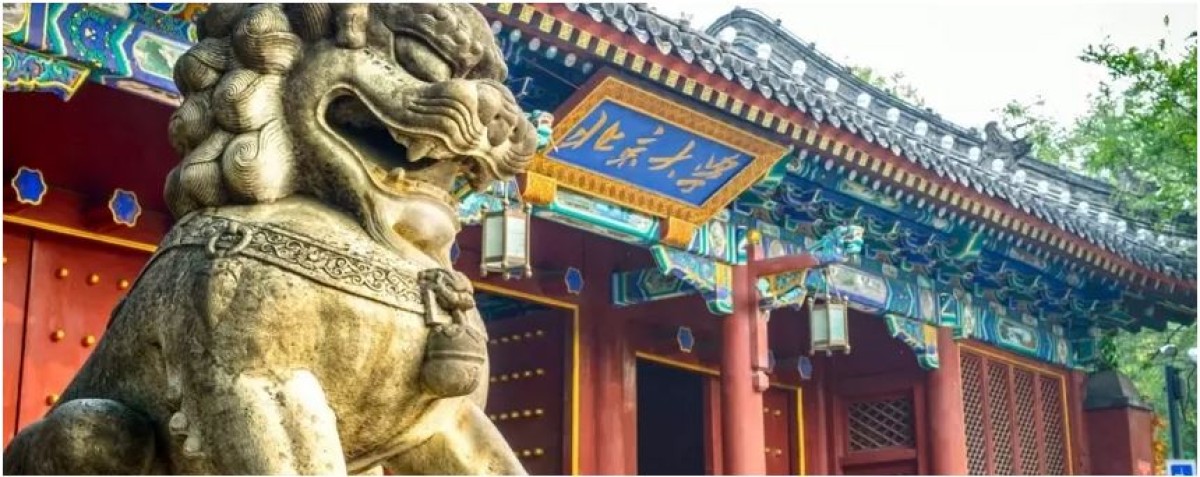 1178
1178
Greater china is coming
Greater china is coming
By Amir Ali Yeganeh
In recent days, the Korean Peninsula has once again captured media attention due to North Korea's actions. Pyongyang's military tests have raised concerns for its southern neighbor. In a surprising move, North Korea sent balloons filled with garbage and fertilizer towards Seoul.[1] This action sparked criticism from the southern part of the Korean peninsula towards the Pyongyang government.
At a time when China, North Korea's ally, is conducting multiple military exercises in its waters and increasing pressure on Taiwan, North Korea's actions have raised concerns about escalating tensions between China and North Korea on one side, and Taiwan and South Korea on the other. This issue has various dimensions that we will explore in more detail.
China's strategic pressure design in East Asia against the United States
One of the actions that Beijing has been planning in recent weeks is increasing pressure on US allies in the Far East. This strategy is unfolding at a time when the United States government is involved in various international cases simultaneously and cannot afford to open a new front in East Asia. This situation has led China to believe that now is the opportune moment to resolve the Taiwan issue once and for all. Beijing has been practicing the annexation of Taiwan's territory in recent maneuvers,[2] while North Korea's provocative actions are likely intended to divert attention from the West. This distraction, which is gaining traction in Western media, allows China to refine its plans regarding Taiwan and prepare to execute them at the right time.
North Korea has responded to the hostile actions of its southern neighbor
One case that has received less attention in the media is the tension-causing actions of Seoul in recent years along the shared border with North Korea. [3]These actions, carried out under the guise of reaching out to North Korean citizens, involve flying South Korean civilian balloons over the border and dropping anti-North Korean government leaflets, spreading false information, and distributing American currency. These activities have been ongoing for years, but in 2018, the two countries reached an agreement to ban media advertisements against each other.
Russian pressure on China
Another potential scenario that could escalate tension in East Asia involves Russia. Currently engaged in a conflict with Ukraine and facing pressure from European countries and the United States, Russia is hoping for support from its ally China. Russia is looking to China to alleviate some of its challenges in the Ukraine conflict by diverting attention to Taiwan. By opening a new front in Taiwan, Russia would gain some relief and decrease the amount of arms aid being sent to Ukraine from the West.[4]
Overall, it appears that tensions between the Eastern and Western fronts are escalating towards the brink of all-out war. Just as the war between Russia and Ukraine is subsiding, conflicts between China and Taiwan, as well as North and South Korea, could potentially drag the Asian region into a global conflict. This could lead to two different types of global wars. The United States and European countries, acting as protectors of the international system established in 1945, are reluctant to see it crumble easily. However, other countries seeking a larger role in the international order are actively planning for a new system to emerge after its collapse. It remains to be seen whether the strategies of Western countries will be successful in preserving the current order, or if the Eastern-designed order will dominate the new international system.
[1]https://www.aljazeera.com/news/2024/6/2/north-korea-says-it-will-stop-floating-trash-balloon-into-south-korea
[2] https://www.france24.com/en/asia-pacific/20240525-china-ends-two-days-military-drills-taiwan
[3] https://time.com/6984927/south-korea-suspend-peace-deal-north-trash-balloons/
[4] https://www.gisreportsonline.com/r/china-russia-alignment-cooperation-ukraine-war-military-supplies-putin-xi-jinpin/
 1178
1178
Comment
Post a comment for this article